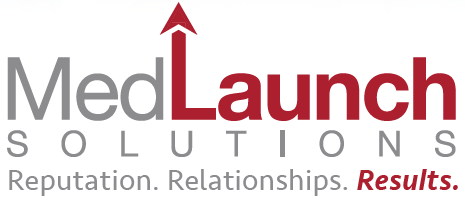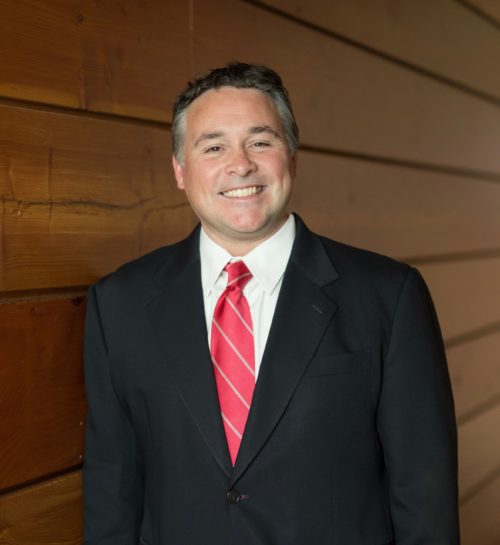Dr. Thompson is a practicing cardiothoracic surgeon in Lincoln, NE. He attended the University of Pennsylvania where he took courses at the Wharton School of Business, while majoring in the Biological Basis of Behavior. He went on to attend Columbia University College of Physicians and Surgeons for medical school, followed by a general surgery residency at Duke University and cardiothoracic surgery training at the University of Virginia. He has his MBA from Nebraska Wesleyan University.
Dr. Thompson is an expert in physician performance and growing specialty medical practices. While at Lancaster General Hospital, he doubled the size of the thoracic surgery practice and helped them become a nationally ranked leader in quality outcomes. As Medical Director of Thoracic Surgery and Mechanical Circulatory Support at Bryan Health, he transformed a practice lagging in quality and volume, into a regional leader, helping them be named a 3-Star STS (top 12% nationally) program for the first time in its history. He started a mechanical circulatory assist device program at Bryan that has saved lives and grows each year. Dr. Thompson now leads Bryan Health’s new initiative to build an integrated cancer center.
His entrepreneurial spirit started at Duke when he and others, started MercuryMD, an early digital health startup delivering patient information from hospital systems to physician Palm Pilots. The company sold for $48 million. In 2014, he and Dr. Ryan Whitney founded Together+Clinic, a digital health startup, with the vision to revolutionize continuum care in medicine. Dr. Thompson is a frequent speaker at national conferences and has his MBA from Nebraska Wesleyan University.
5 Things I Wish They Would Have Taught Me in Medical School
1. Relationships – Developing a great medical practice is about cultivating relationships with other physicians and mid-level providers. Doctors send patients to other doctors that they know and trust, not physicians that they have “heard good things” about. This requires effort and needs to be an ongoing part of your practice. Just like you spend time dictating your office charts, similarly you need to block time to develop your relationships with other doctors. Even if you are a primary care provider, your communication with specialists shows them that you take good care of your patients leading to a better community reputation.
2. Money, Money, Money – Unfortunately, we can no longer all be altruistic doctors who have practices that see patients and perform procedures for free. At some point, we need to generate income to take care of our families and pay back our student debt. This means that even though we didn’t learn much about money, billing, salary negotiation, etc; we now need to become experts. Medical coding and billing is complicated, but learnable. You must communicate with your coder and biller and make sure you are providing them with the information they need to get you paid.
3. Keep Learning – Education does not stop when you leave the confines of your residency program or medical school. Learning is a lifelong process. 95% of adult learning is self-directed, we all need to find our weaknesses and learn how to be better. The good news is that in today’s world there are more resources than you could ever imagine to learn about any topic you could come up with. Not sure about RVU’s — look it up and read about it. Unclear about MIPS or MACRA – there are dozens of great articles about them.
4. Keep Your Eyes Open – There are a ton of opportunities out there for you to market your practice and increase exposure without spending any money. Participating in community activities, leveraging spouse connections in the community, offering to give talks on subject matters that you are an expert, etc. Often times community groups like the Lions Club, Optimist Club, American Legion, and Chamber of Commerce are looking for speakers for meetings and they all love doctors willing to explain things in language they can easily understand.
5. Be Nice – As tempting as it may be after a long day to be grouchy or short with the environmental services employee on the elevator, instead smile introduce yourself and let them know how much you appreciate what they do. Stop by the volunteer office at the hospital and introduce yourself. Every interaction is an opportunity to develop your reputation in town.

